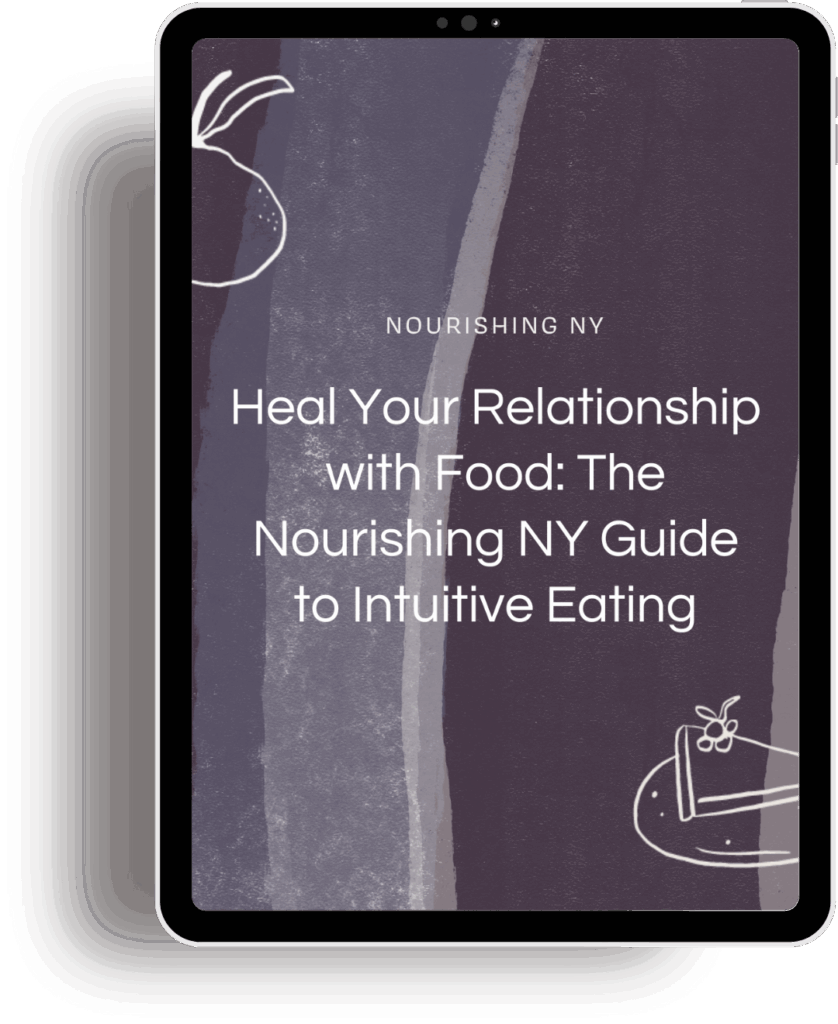ADHD, or attention deficit hyperactivity disorder, is a common mental health disorder characterized by children and adults experiencing difficulty concentrating, multitasking, and becoming frustrated or impulsive. In the United States, millions of people struggle with ADHD, although ADHD is treatable through psychotherapy. However, those diagnosed with ADHD may also risk developing an eating disorder, such as bulimia nervosa or binge eating disorder.
How Are These Disorders Linked?
Several theories and research indicate a connection between eating disorders and ADHD. But why? There are several answers to this question. For example, individuals with ADHD experience issues with interoceptive sense, meaning that sensory cues regarding thirst and hunger become distorted (Eating Disorder Hope, 2016). The mixed signals about one’s basic needs can lead to distorted eating patterns. Another indication that eating disorders and ADHD are linked is through the sensory and textural issues that people with ADHD may have towards certain foods (Eating Disorder Hope, 2016). While individuals should consider working with an allergist to see if food allergies are apparent, avoiding foods could become a form of restriction or rejection. Lastly, children and adults who struggle with restlessness and impulsivity, may find difficulty with being able to sit down and eat a proper meal (Eating Disorder Hope, 2016). By having structured meals set at specific times, this’ll help enforce good eating habits. Because individuals may feel a lack of control in their environments, food can become a way for them to feel more relaxed and in control of their emotions (Eating Disorder Hope, 2016). Although both of these disorders are difficult to deal with, especially simultaneously, there is help available.
Common Eating Disorders And ADHD
There are also ties between eating disorders, such as bulimia and binge eating, with ADHD. For binge eating disorder, researchers found that individuals with ADHD may engage in overeating to fulfill brain stimulation (Understood, 2022). Because people with ADHD lack dopamine, a neurotransmitter that produces feelings of reward and motivation, overeating can be used as a way to achieve these behaviors (Hellicar, 2022). While the connection between bulimia and ADHD isn’t fairly common, bulimia and binge eating show similar symptoms, so there is evidence that these disorders are linked. Stepping away from eating disorders, individuals with ADHD may also struggle with other mental health disorders, such as anxiety or depression. With finding treatment, both disorders should be treated as comorbid disorders, as they can impact an individual’s daily functioning. With seeking treatment, it is important to find a therapist who specializes in ADHD and eating disorders, to effectively reduce symptoms and produce effective treatment. The most common form of therapy used to treat these disorders is CBT, also known as cognitive behavioral therapy. While CBT incorporates talk therapy into sessions, CBT also uses challenging cognitive distortions, to help change negative thought patterns. In the case of an individual experiencing comorbid ADHD and an eating disorder, CBT can be an effective tool for helping them to recognize these thoughts, and work on producing more positive ones. By being an encouraging figure for someone who is struggling, can help them in the long run.
References
Eating Disorder Hope. (2016, December 24). ADHD as a Co-Occurring Disorder with Eating Disorders. Retrieved June 22, 2022, from https://www.eatingdisorderhope.com/treatment-for-eating-disorders/co-occurring-dual-diagnosis/ocd-obsessive-compulsive-disorder/adhd-as-a-co-occurring-disorder-with-eating-disorders
ADHD and Eating Disorders. (n.d.). Understood. Retrieved June 22, 2022, from https://www.understood.org/en/articles/adhd-and-eating-disorders-what-you-need-to-know
Hellicar, L. (2022, May 31). Are people with ADHD more likely to get eating disorders? Medical News Today. Retrieved June 26, 2022, from https://www.medicalnewstoday.com/articles/adhd-and-eating-disorders#adhd-and-overeating



